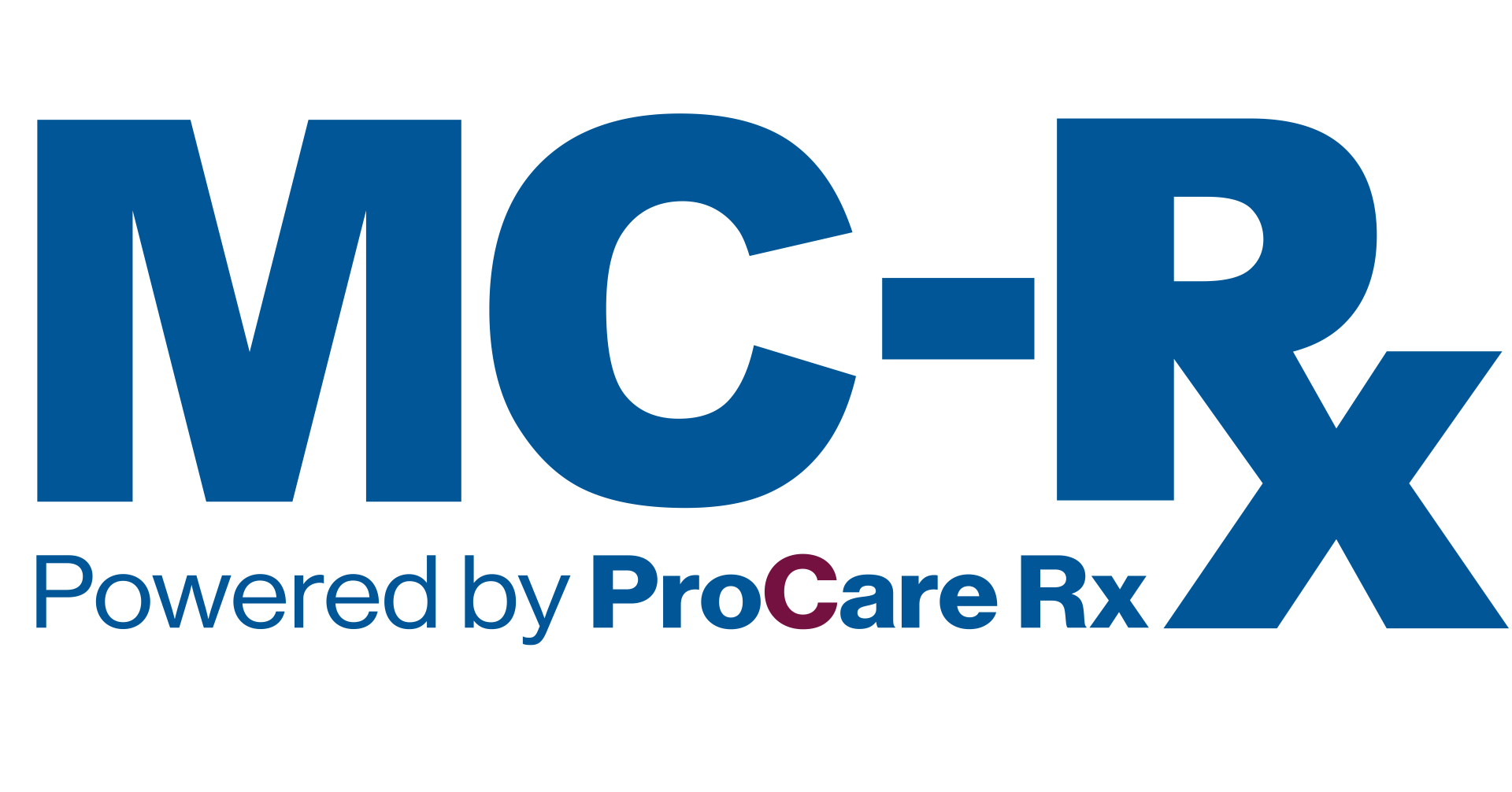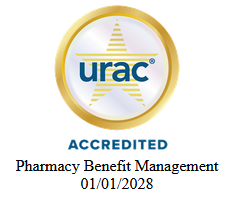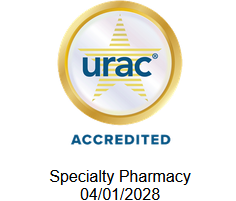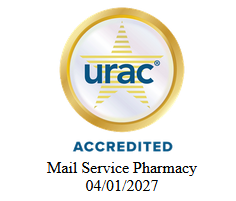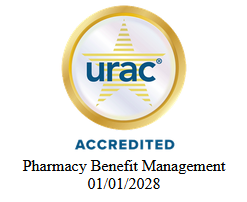Embracing Biosimilars: Unveiling New Trends in Healthcare
Biologics have revolutionized the treatment of various diseases, including cancer, autoimmune disorders, and chronic conditions.

In recent years, biosimilars have emerged as a transformative force in the healthcare industry. These innovative biologic medications offer cost-effective alternatives to originator biologics, providing patients with increased access to life-changing treatments. As the President of MC-Rx, I am thrilled to share the latest developments and trends surrounding biosimilars, highlighting their potential to revolutionize patient care and drive positive change. Join me in exploring the world of biosimilars and understanding why embracing them is key to shaping the future of healthcare.
The Rise of Biosimilars
Biologics, derived from living organisms, have revolutionized the treatment of various diseases, including cancer, autoimmune disorders, and chronic conditions. However, their high costs have often limited patient access. Biosimilars, on the other hand, are highly similar versions of approved biologics, offering comparable efficacy and safety profiles at reduced prices. This exciting class of medications has gained momentum globally, representing a game-changing opportunity for healthcare systems.
Promoting Access and Affordability
Enhanced Patient Access: Biosimilars broaden access to vital therapies by offering cost-effective alternatives. They enable patients to receive optimal treatment outcomes while reducing the financial burden associated with biologic medications. By expanding access, biosimilars contribute to improved patient care and population health.
Cost Savings: The introduction of biosimilars drives market competition, leading to lower prices for both originator biologics and biosimilars. These cost savings benefit not only patients but also payers, including insurance companies and government healthcare programs. The redirection of resources can be reinvested in innovative therapies and healthcare initiatives, further enhancing patient care.
Sustainable Healthcare Systems: The adoption of biosimilars promotes financial sustainability within healthcare systems. By reducing expenditures on biologics, healthcare providers can allocate resources to other critical areas, such as research, infrastructure development, and patient education. This shift supports the long-term viability of healthcare systems while ensuring high-quality care delivery.
Exploring New Trends
Regulatory Advancements: Regulatory bodies worldwide are increasingly streamlining the approval pathways for biosimilars, encouraging their development and market entry. The implementation of clear guidelines and robust regulatory frameworks fosters confidence in the safety and efficacy of biosimilars, driving their adoption.
Therapeutic Expansion: Biosimilars are expanding beyond traditional treatment areas, venturing into new therapeutic domains. The potential application of biosimilars in oncology, dermatology, rheumatology, and gastroenterology is unlocking novel treatment options for patients, with the promise of improved outcomes and increased treatment options.
Provider and Patient Education: Educational initiatives aimed at healthcare providers and patients are crucial to maximizing the benefits of biosimilars. These efforts focus on raising awareness, dispelling misconceptions, and building trust in biosimilars as effective and safe alternatives. Enhanced education empowers healthcare professionals and patients to make informed decisions and embrace biosimilars with confidence.
MC-Rx's Commitment to Biosimilars
At MC-Rx, we are at the forefront of embracing biosimilars as a catalyst for change in healthcare. Our commitment to promoting access, affordability, and innovation drives our support for biosimilars. We actively collaborate with manufacturers, healthcare providers, and payers to develop strategies that optimize the utilization of biosimilars and ensure patient-centric care.
By fostering partnerships, advocating for biosimilar adoption, and prioritizing patient education, MC-Rx aims to lead the way in facilitating the widespread acceptance and integration of biosimilars into healthcare.



